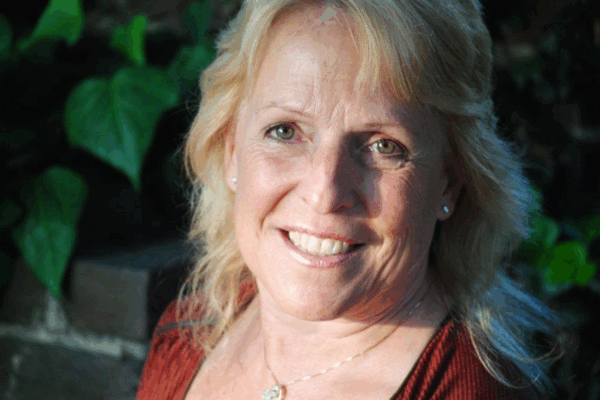Today on the blog, we have a guest post by Ellen Hopkins, a bestselling author of novels for young adults. Here in South Carolina, she is the most frequently challenged and banned author in public school libraries and collections, with her books facing more than 30 challenges in 2022 alone.
We asked Ellen if she wanted to respond to the current censorship wave. Here’s what she had to say:
I’m Ellen Hopkins. If the name isn’t familiar, you probably haven’t been paying much attention to the book removal wave sweeping across this country. As the current most-banned American author, my young adult novels are among the dozens that have faced regular school and public library challenges. From Texas to Florida, Utah to South Carolina, and even some counties in California, Michigan, Pennsylvania, and New York, no state is immune from the war on intellectual freedom.
The battle cries are “protect our children” and “parental rights” but often the foot soldiers don’t even have kids. Rather, they are serving a well-funded political drive to cripple public school education and stall or eliminate this country’s forward movement toward true equal rights for all its citizens. Most of the targeted books are either written by or have characters representing the LGBTQIA+ population, races other than white, and/or non-Christian religions.
I am a mostly straight, probably white (I was adopted) Lutheran. So why my books? Some of the characters are queer, of color, and/or spiritually seeking, but the favored excuse is “sexual explicitness.” I have four novels for adult readers that could be termed steamy. My YA novels never approach that level, though they do have sexual situations, including assault and abuse, as well as young love. I write where my readers live, and teens experience those things every day. I write truthfully because I respect their intellect, curiosity, and sophistication. My goals, always, have been to bring broader perspective to their relatively narrow view. To show possible outcomes to choices they’ll likely face and help them make more informed decisions. And, for those who’ve already taken wrong turns, or had all choice stolen from them, to bring hope and give them a voice.
I’ve largely been successful. Over the years, I’ve received literally thousands of emails and messages from readers. A sampling:
“Crank saved my life, opened my eyes to the world I was exposing myself to and rapidly getting drowned in. And then, two years later it did the very same for my little brother . . . Thank you Ellen, you've touched our lives forever.”
“I am a gay male, living in rural TN. When I was introduced to Seth in Tricks, I actually understood his pain . . . I just wanted to thank you for writing about him. It made me realize how many more people out there go through what I have been through and still am enduring.”
“I think Identical was the most intense work of literature I've ever read. ... I don't know if I’ve ever cried that hard in my life. But it was okay, because although it's fictional, these things really happen and I'm not going through it by myself. Suicide is very real. Addiction is very real. Abuse is very real. But hope and faith and love are also very real. And they can often outweigh the struggles. Maybe I just want to tell you that you've given me hope and security.”
Tricks, Identical, and Crank were among the most banned books in this country last year, despite the myriad readers who need them. It’s unthinkable that a handful of people have been allowed to remove any books from library shelves, to decide for everyone else what is or isn’t appropriate reading material. As for protecting our kids, I often say ignorance is no armor. Knowledge is their absolute best weapon, and books are among the safest spaces to gather information.
When asked if books like mine should be readily available for teens, Travis Akers, who’s running for school board in Duval County, FL, commented that if we expect teens to drive safely, show up for work, and even have children, they are certainly capable of choosing what books to read.
As for parental rights, parents have always had the ability to counsel their own children’s reading. But no one has the right to decide for my kids or yours what they can or can’t read. For local governments to decide otherwise is a travesty.

